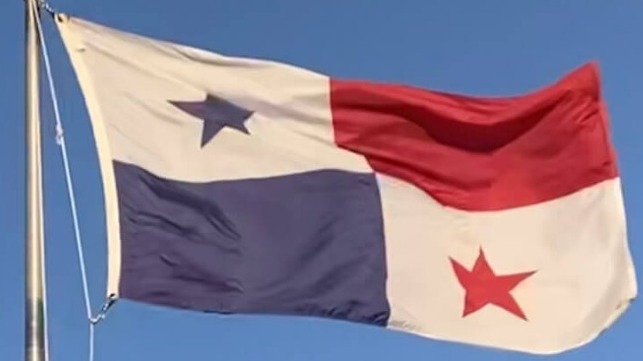Panama's Registry “Cleans Up” Fleet for International Compliance

The Panama Maritime Authority reports it is taking steps to increase its enforcement and remove ships from the registry that are failing to uphold standards or are involved in illegal activities or operations related to sanctions. They said while efforts have been postponed in the past, including while there were updates to the Merchant Marine law, the registry is committed to moving forward to improve international compliance.
The Panama Ship Registry reports it is working on an integrated review of the verification and control of the more than 8,500 vessels that make up the Panamanian fleet and the more than 318,000 active seafarers. According to data from Clarksons Research, Panama added nearly 30 million gross tons to its registry since July 2019. As the largest shipping registry, they estimate on average the Panamanian fleet is inspected 14,000 times a year.
“The Panama Maritime Authority considers the international compliance of the Panama-flagged fleet of utmost importance and to enforce it,” the authority said in its statement reporting that it looks at the age of vessels, detention, and safety inspection history, together with statutory and classification inspection and certification history. The purging process began in 2021 and continues with a review of elements including vessels with a compromised history and detention reports.
The efforts come as there has been an increased global focus on the practices of ship owners and operators. Globally there have been efforts to improve safety and crackdown on the growing shadow fleet.
According to Panama, under the Merchant Marine law, they cite a list of reasons for which a ship can be removed from the registry. These range from non-compliance with regulations including maritime safety, pollution prevention, maritime security or international conventions, as well expiration of navigation documents that have not been renewed within five years. They also list smuggling, illicit or clandestine trade, piracy, and other crimes along with presenting or having forged or falsified documents. A high incidence of detentions due to serious or recurring deficiencies as well as being in multiple registries are also grounds for removal from the Panama registry.
Another revision that they are undertaking to the Merchant Marine Law is the proposal to add illegal fishing to the reasons for removal. They highlighted that a provision is being added for information that vessels are active in illegal, unreported, and unregulated fishing.
The report highlights that 182 vessels involved in fishing representing over 475,000 gross tons have already been cited for invalid fishing licenses or expired documentation. Another 97 vessels totaling more than 59,000 gross tons are currently in the process of having their registries canceled for similar reasons.
Panama is participating for the first time in the U.S. Coast Guard’s Qualship 21 Program, an initiative to identify high-quality ships and provide incentives to encourage quality operations. The USCG launched the program in 2001 to eliminate substandard shipping by focusing on improving methods to identify poor-quality vessels. Panama says as part of its participation it has put in place a series of measures ensuring the reduction of possible detention of Panama-flagged ships at U.S. ports.

that matters most
Get the latest maritime news delivered to your inbox daily.
The Panama Maritime Authority reports it has canceled more than 6.5 million gross tons of shipping since July 2021, for issues related to Iran, North Korea, or vessels included in the list of international sanctions. While efforts had been previously postponed, they said they are committed to completing the cleaning up of the fleet.
Top photo by Pete Unseth (CC BY-SA 4.0)
